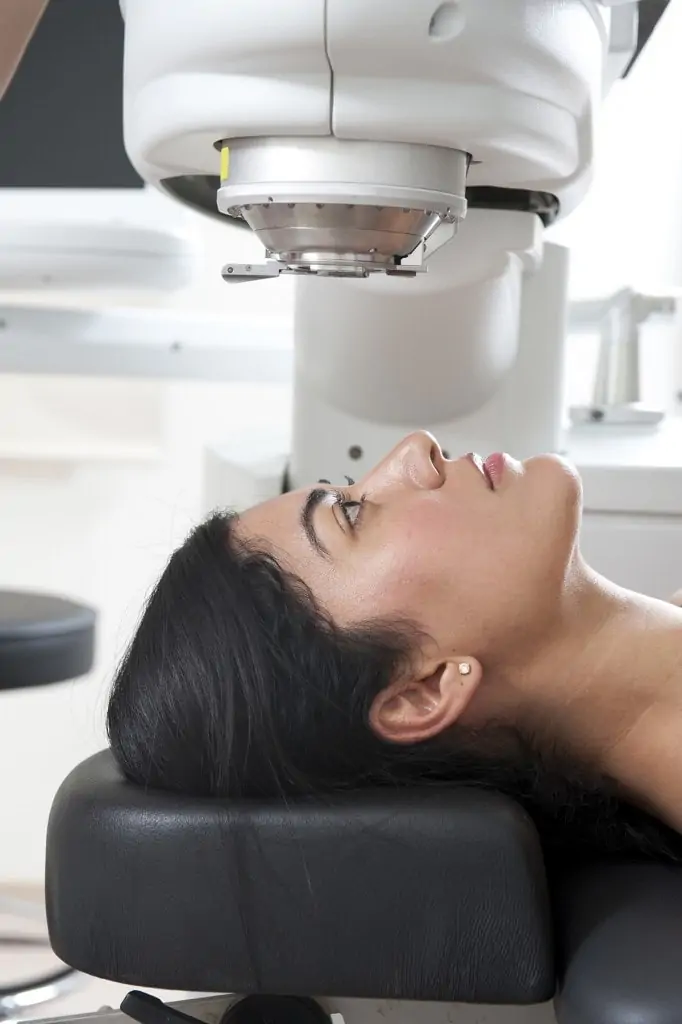LASIK Surgery: Three Things It’s Normal To Worry About
Are you considering LASIK surgery, but worried about the procedure? If you are, take positive steps to address your worries, such as researching LASIK, and sharing your questions and concerns with the refractive surgeon you chose. This will help give you a clear understanding of how LASIK works, what surgery involves, and what your recovery will be like after LASIK. Let’s explore 3 things it’s normal to worry about when considering eye surgery, like blurry vision after LASIK, and more.
3 Things it’s normal to worry about when considering LASIK Surgery – and why you shouldn’t
- Will my vision be blurry after LASIK surgery?
- Will I be injured if I move during the LASIK procedure?
- Could I lose my eyesight as a result of LASIK surgery?
The Refractive Surgery Council says there are three things it’s normal to worry about when you’re considering LASIK – and gives the reasons why you shouldn’t:
1. Will my vision be blurry after LASIK surgery?
Blurry vision can be common in the days after LASIK surgery. Many people experience some vision distortion in the days or weeks after LASIK – most typically, glare or halos. This generally disappears as the eye heals. Another common aftereffect of LASIK is dry eye and this can lead to blurred vision. Like the other side effects, it disappears as part of the healing process. You can help manage blurry vision by using eye drops as directed by your surgeon and by attending regular follow-up visits.
 2. Will I be injured if I move during the LASIK procedure?
2. Will I be injured if I move during the LASIK procedure?
No, you will not be injured if you move during your LASIK procedure. Modern lasers track your eye movements over one thousand times a second and adjust the treatment to compensate for any small movements you make, providing the computer guidance with real-time data about the position of your eye. If you move a little, the laser tracks your eye to make certain the laser is applied to exactly the right place.
What if you move a lot? What if, for example, you sneeze during the surgery? The good news is the same system that detects and tracks any small movements of the eye has a precautionary protocol for any large movement, that simply turns the laser off temporarily until the patient comes back to the correct position and then starts up again. This advanced laser technology is in place to protect the patient from harm and ensure the procedure goes according to plan.
3. Could I lose my eyesight as a result of LASIK surgery?
In more than twenty years and 19.1 million procedures, LASIK has never been the primary, exclusive cause of blindness.
LASIK has an extremely high success rate with an exceptionally low risk for complications – less than one percent experience significant, sight-threatening issues according to scientific evidence. Making LASIK a safe procedure, and one of the most studied elective surgical procedures offered today.

 2. Will I be injured if I move during the LASIK procedure?
2. Will I be injured if I move during the LASIK procedure?


